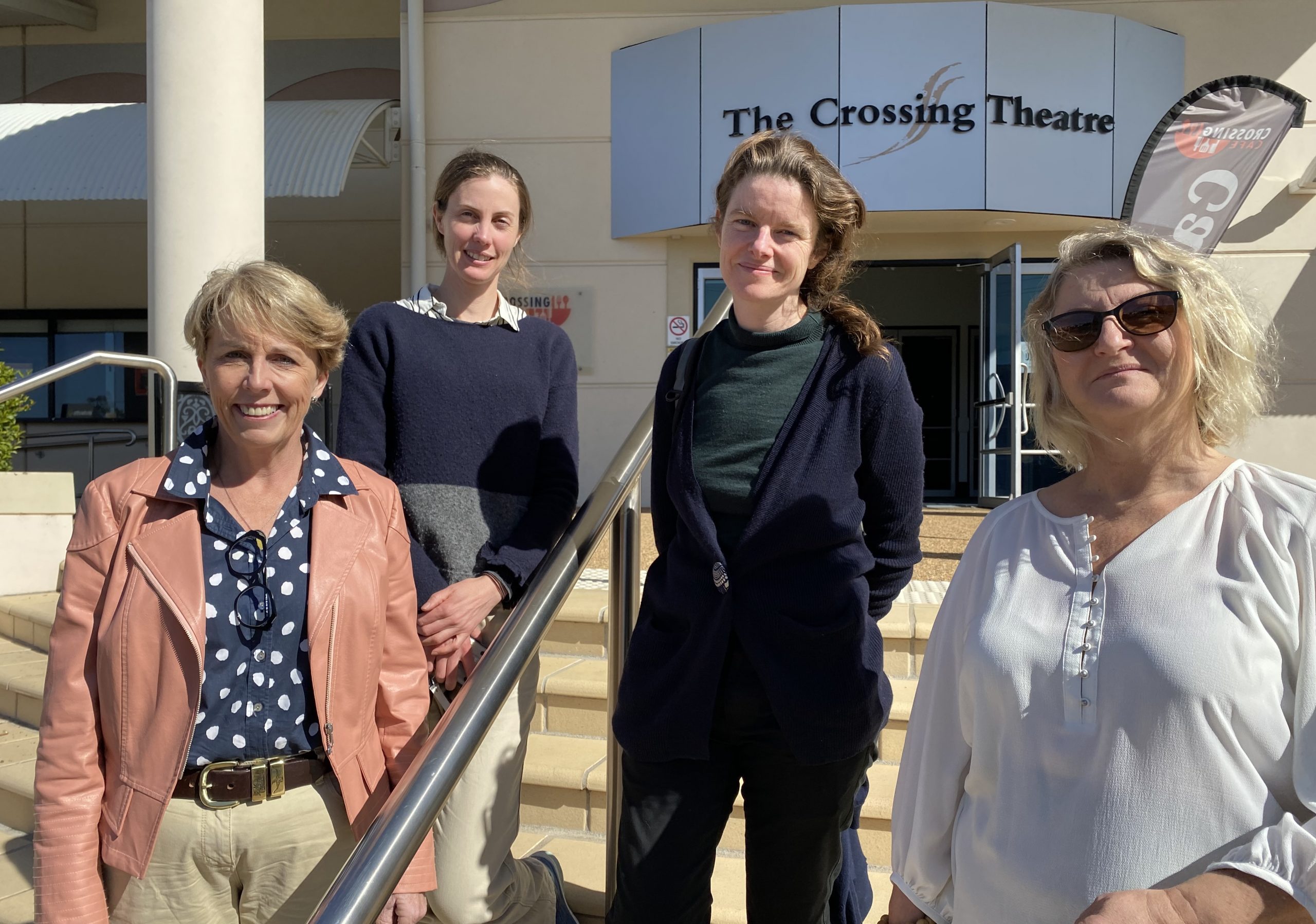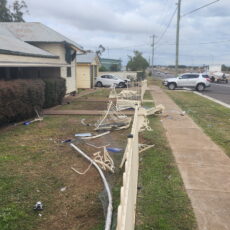Destruction of the Great Artesian Basin, damage to the unique biodiversity of Pilliga, claims the Narrabri Gas Project won’t put downward pressure on gas prices, irreversible impacts on groundwater, impacts on north western farms generally, including the intrusion of pipelines across farming country, climate change and economic and psychological stress, were among the many submissions opposing the Narrabri Gas Project presented to the Independent Planning Commission hearing this week.
Impacts on Gomeroi cultural heritage and values in Pilliga and the potential for gas ‘flaring’ to ruin the ‘dark skies’ needed for astronomical observations, and the potential for the project to exacerbate the bushfire danger in the Pilliga Forest were presented to the IPC.
Objectors painted a picture of an industrial wasteland if the project went ahead, a gas field ultimately reaching across the north west as coal seam gas activities developed in the years ahead. Opponents described a scenario of the widespread and inevitable destruction of agriculture across the north west.
Water security was a major theme.
“Around one third of NSW relies on the Great Artesian Basin in one form or another’ a speaker told the IPC panel, citing the GAB’s vital role, particularly in drought
Health issues were raised, with fears farmers will be ‘the canaries in the gas mine.’ A Gunnedah farmer said the project if approved would be ‘catastrophic, on the scale of the Cuban missile crisis.’
Gas project opponents represented a spread of environmental, farming and community groups from the region, the north and central coast and elsewhere
One Narrabri anti gas activist said he ‘had been fighting the Narrabri Gas Project for 11 years and would continue even if the decision was in favour of the project’.
“But the weight of evidence means it should and will be rejected” he said
Regional landholders opposed to the proposed Queensland-Hunter gas pipeline from Roma to Newcastle made presentations
They argue the pipeline across their properties will damage their farming operations and the environment. They linked the Narrabri Gas Project to the Roma-Newcastle pipeline as a possible conduit for Narrabri gas if the project goes ahead.
***
The NSW Planning Department’s director has contradicted Santos over the impact the Narrabri Gas Project would have on gas prices, Lock the Gate Alliance spokesperson Georgina Woods said in a statement.
“The Department’s representative David Kitto, an Executive Director of Resource Assessments, told the IPC that “no one is saying and we are certainly not saying in our assessment that the Narrabri Gas Project will reduce gas prices”.
Ms Woods said publicly available departmental documents showed gas prices needed to remain high for the project to be economically viable for Santos.
***
“New risk analysis has found Santos’ Narrabri gasfield Environmental Impact Statement has overlooked the likely intensification and prevalence of catastrophic bushfires and other weather extremes as a result of a warming climate,” Lock the Gate Alliance said in a statement.
“In particular, the Climate Risk advice indicates that the one in 70 chance Santos’ assessment estimates of the gasfield causing a bushfire during its life is increased to a one in 28 chance, given the effects of climate change on fire risk, creating ‘a reasonably high probability of the project starting a bushfire during its lifetime.’
“The advice points to an example from California, where US based Pacific Gas and Electric pleaded guilty for causing the deaths of 84 people during an ignition caused during 2018 fires in California.
“Previously, members of the NSW Rural Fire Service have expressed serious concerns about Santos’ exemption from fire bans on catastrophic risk days, with the company able to flare methane or other gases whenever it chooses to, should the gasfield be approved,” Lock the Gate Alliance said.
To order photos from this page click here










